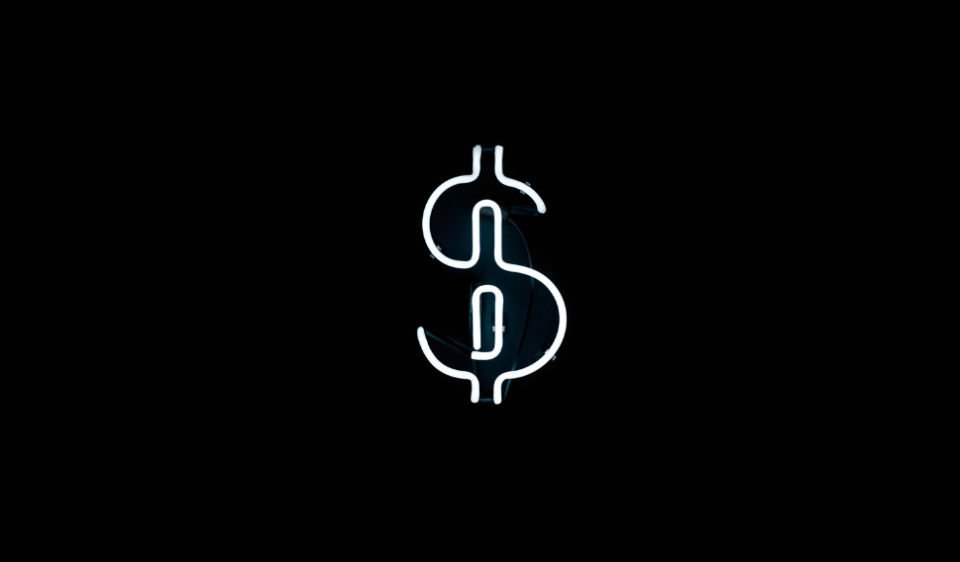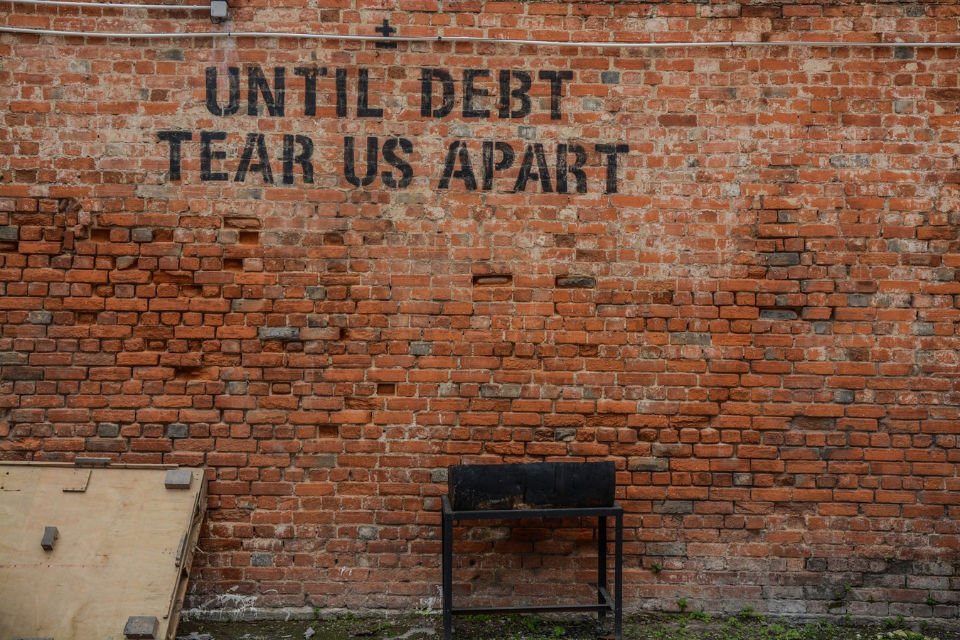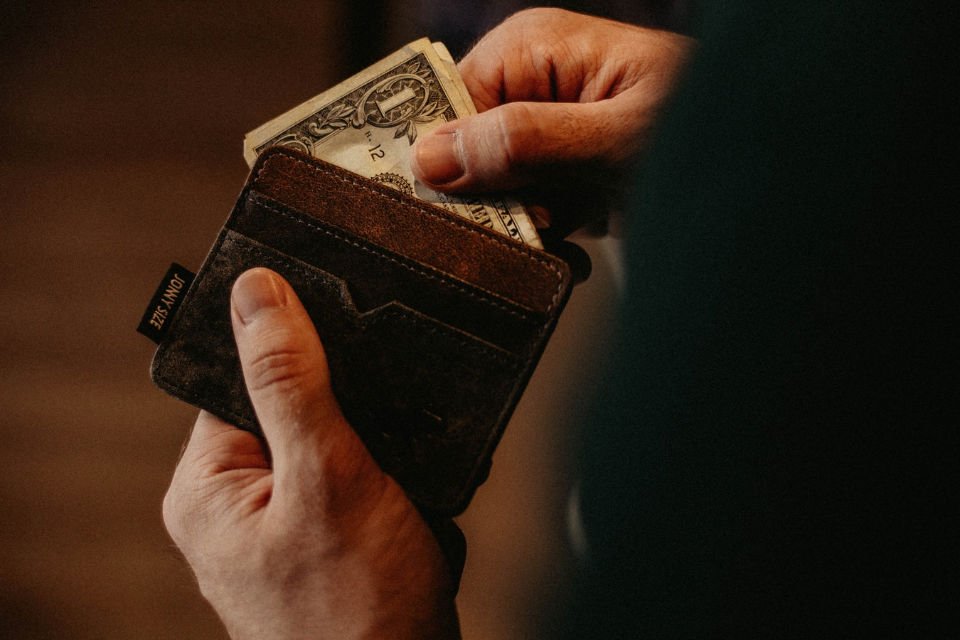From a historical point of view, 401(k) is not a solid foundationRetirement protection plan, But an experiment that began in 1981.Now is the time to start cashing out.
The huge queues that were born from the baby boom "selected" by the 401(k) longitudinal research experiment and started to work in the 70s and 80s have come to analyze this experiment after more than 15 years of observation and investment. Time for the final result.And as you have heard and seen, in the past 401 years, the outcome shown in the data report does not seem to be optimistic.When the economic cycle is on the rise, XNUMX(k) rises and the boat rises, and there is joy; and once the economy falls, pensions shrink or even evaporate overnight, and there are many instances of bankruptcy liquidation being posted to companies, and people will see them. Logic and risk, think about who is the real beneficiary of this system.

Here are the 401 risks of 7(k):
1. You will lose your pension overnight!
A well-known question about 60(k)s occurred on CBS’s "401 Minutes", a real-time American news program:
"What kind of retirement plan is it that will allow millions of people to lose 30-50% of their life savings when they approach retirement?"("What kind of retirement plan allows millions of people to lose 30-50 percent of their life savings just as they near retirement?")
This question explains the essence of 401(k) in one step.Unlike some investments that avoid risks and avoid losses, your 401(k) follows the fluctuations of the financial investment market.This uncertainty increasesIndividually managed retirement accountsOf risk.
Since 1987, the U.S. financial market has experienced 4 major crises, and an investor who has reached retirement age may bottom out your retirement account once a crisis is reached.
Only when the market is what you want, can you live the ideal retirement life that you imagined when you invested in a 401(k).
But in the 40-year cycle, will the market always agree?If you retire when the market goes down, do you still have the energy to work for a few more years to wait for the market to pick up?
2. You do not fully understand the management fees and compound costs!
The 401(k) and its mutual fund-related compound expenses may eat up more than half of your income.
The two main fees you pay come from: Provider fees and Investment fees.This may include a series of small print or undisclosed fees: legal service fees, trustee fees, transaction fees, administrator fees, accounting fees, search fees, etc., and even more.The latter fee is usually the bulk of the 401(k) fee.
But this is just the beginning. Mutual funds in 401(k)s usually take 2 points of return.If the fund rises by 7 points in a year, they take 2 points of income, and then you get 5 points of income.It sounds like you got more, right?In the beginning, it was like this, but Mutual Foundation had the last laugh.
To quote Jack Bogle, founder of Vanguard, said: "The principle of fund business is that the windfall of compound costs crushes the magic of compound interest returns."(What happens in the fund business is the magic of compound returns is overwhelmed by the tyranny of compound costs.")
For example, from the age of 25 to 60, you deposit $401 in your 5(k) account every year, and grow to a retirement age of 7% at a compound interest rate of 65% per year. When you reach the retirement age of 1,143,000, your retirement account will total $669,400.This sounds great, but you can only get $60, or even less than 7%.That's because, although the compound interest rate of 2% per year is quite generous, it won't reach your wallet anymore. The 75% compound cost expense doubles your profits.In the above example, when you live to be 2 years old, the mutual fund may have taken 3/XNUMX of the proceeds from your wallet.
So, are you really willing to invest in a long-term account, fund yourself 100%, manage it yourself, and take 100% risk, and then be eaten up by 40% of the return?
3. When a better opportunity appears, you lose your cash flow!
The money put into 401(k) and traditional retirement accounts is basically non-liquid.
The IRS stipulates that if you withdraw money from 59(k) and traditional IRA accounts before the age of 401 and a half, you must pay a 10% penalty.It also stipulates that from the first April 70st after the 4th and a half birthday, regardless of the personal income tax rate or personal needs, you must start withdrawing money from your retirement account. If you do not start withdrawing in accordance with the required minimum distribution (RMD, Required Minimum Distribution), the country must start withdrawing money. The tax bureau also imposes a fine of RMD or 1% of the underdrawn amount.
In a word, is this money still your own money?
4. Lack of professional investment knowledge, usually blindly invest!
In many cases of 401(k), many investors have invested in big oil companies unknowingly, and even smoke-free people have begun to buy tobacco companies.Simply put, 401(k)s make some investors become aimless when investing.
Before that, think about how much you know about your 401(k)? Do you know the fund you bought?Do you know the company behind the fund?Do you know the philosophy, historical background, and performance of the managers of this fund?If the answer is no, how can you feel that you can get rich returns from him with a little knowledge?Can this behavior itself be called "investment"?
This is not investment, this is gambling.
5. The government owns your 401(k) and has the power to change the rules of the game at any time.
You may be surprised to find that the 401(k) does not belong to you in theory according to the tax law, but is owned by the government but "FBO" (For Benefit of), which is the welfare provided to you by the government.
Throughout the history of personal income tax in the United States, the current tax rate is far lower than the historical average.
In the past 200 years of U.S. history, the national debt accumulated to 2008 trillion U.S. dollars (Trillion) in the 8 financial crisis, and the debt has doubled to nearly 8 trillion (Trillion) in the past 19.5 years. The radical social welfare and medical insurance have exhausted the United States’ financial resources. According to data from the Congress Budge Office, if the economic and tax policies remain unchanged, it is estimated that the US fiscal deficit in 2046 will reach an unprecedented high in US history.
The deficit mainly comes from interest on government debt, Medicare and Social Security.The government can always roll over debts and have fiscal deficits year after year, but there is no free lunch in the world. Debt is debt, and it will be repaid sooner or later.
Will the personal income tax rate remain the same or change to what we expect in a few years?
It is conceivable whether the government changes the rules of the game so that the middle class will pay the bill.

And we should always keep in mind:
"The government always pretends to be a friend. It is every citizen's lifelong responsibility to guard against and supervise the government."
6. When withdrawing, you will encounter a higher tax level!
What is very dramatic is that the current tax rate, compared to the past, is already a record low, and at the same time, the country’s debt has set a record.In the future, there is a 90% chance that the tax rate will increase.The simple reason can be clear. If you use a 401(k) tax deferral now, do you plan to pay a higher tax rate when you retire and have no salary income in the future?
If you have achieved any career success and wealth achievement in these decades, you will definitely be in a higher tax level when you retire.Therefore, you have to pay higher taxes.But what is strange is that most financial planners and experts who promote 401(k) make the opposite assumption.In a worse case, the tax rate corresponding to a higher tax level may be higher in the future.
Therefore,Many more radical financial experts think that 401(k) is basically a trap set by the government. It allows you to save some taxes in advance, but the purpose is to collect more taxes rather than provide tax avoidance tools for the people. In the final analysis, tax tools maintain It is not unreasonable to think carefully about the national interest, not the people.
7. There is no withdrawal mechanism, the sweet pastry in the eyes of the government after death
There is an early withdrawal penalty system, a conditional lending system, and an unpredictable tax rate change. These are the mechanisms that make it difficult for you to touch the money, and the low threshold for joining a 401(k) and the company’s funding match yours Devotion makes people feel like a free lunch.
Moreover, before the death of the world, the accumulated 401(k) is usually not spent, and these remaining funds have become the coveted sweets and pastries in the eyes of the government.When this wealth is passed on to the next generation, not only will it be taken away from the previous personal tax, it will also be included in the scope of inheritance tax.
Summary
The 401(k) plan uses bad checks to encourage investment entities to transfer their responsibility for managing their investment accounts.People always think that if you put money in, someone will manage it, and you can harvest a bunch after 30 years.RetirementOf cash.however,Investment wealth management accountThe management of the company is like taking care of your backyard, it is a long-term effort and responsibility.You all take a laissez-faire attitude towards your money. Will others still be responsible for them?
simply put,It is wise and prudent to save for retirement.But other investment and savings concepts, products and strategies can achieve your financial goals faster and safer than 401(k).From a certain perspective, taking the money to pay off a high-interest loan might be a smarter move than putting the money in a 401(k).
(The content comes from "Entrepreneur" magazine)
(>>>Related reading:What kind of insurance can protect our personal assets and pensions as the stock market plunges by $7 trillion?)
appendix:
01.What is a 401(k) retirement plan?
https://zh.wikipedia.org/wiki/401(k)401(k)退休福利計畫
02. 401K, IRA, social security pensions, and American retirement dreams under the new crown virus




